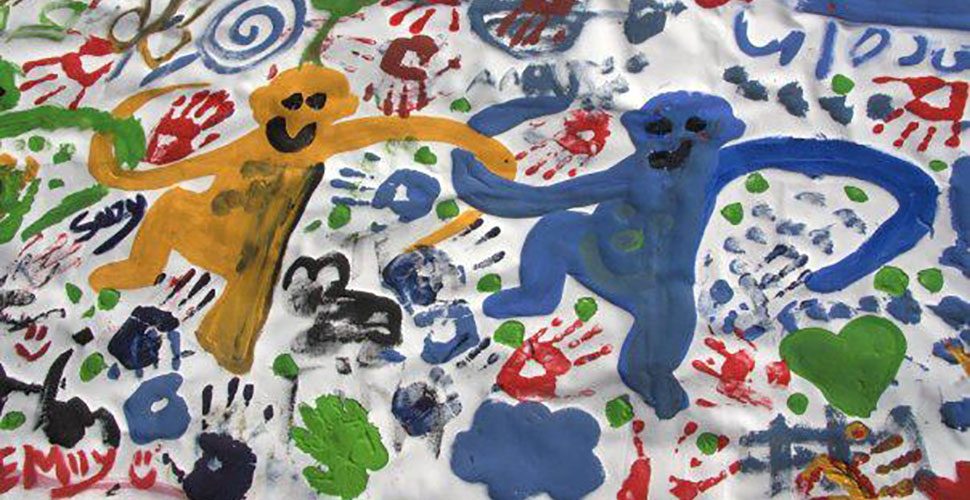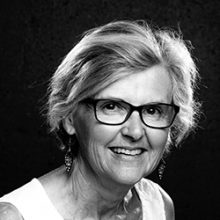Siblings and the NDIS

These supports might include family, friends and community members. Siblings of people with disability (subsequently referred to as ‘Siblings’) make up a big part of this group, but their contributions and needs are still largely overlooked in national policy and programs.
Siblings will likely have the longest relationship of any with a person with disability (this includes chronic and mental illnesses). Whether they play a ‘carer’ role or not, they have the potential of contributing much to the social and emotional wellbeing of the person with a disability.
For many, being a Sibling has been like most sibling relationships – ever-changing but, on the whole, mutually satisfying. For others, there have been considerable personal challenges to overcome, often in childhood when their lack of maturity meant limited coping skills to manage the stresses. Each individual experience will depend on a whole range of factors, including personality and age factors, reactions of others around them, the level of social support etc. It can be complex.
Many siblings have a very active role in the life of their brother or sister with disability, both giving and receiving care and support. Some take on more responsibility as parents become older. Alternatively, for some, the left over impacts from childhood or the responsibility can be too onerous, causing a Sibling to distance themselves from the family as they move into adulthood.
So where do Siblings fit into the NDIS?
Within the scheme, there is recognition of the importance of ‘informal supports’ and there is a lot of information available for people with disability and families. Some Siblings might be able to navigate that information, but others may struggle to make sense of it and their possible role in the NDIS. For example, whilst some Siblings have taken an active role for many years in the affairs of their brother or sister, some Siblings might know very little about the disability sector as a whole, and even less about the NDIS. Some see their parents ageing and worry about how they might manage to ‘take over’ some or all of the role that parents have played over a lifetime. This is especially the case when the person with disability does not have the capacity to understand the NDIS themselves.
Other questions for Siblings include those around guardianship and other formal roles a Sibling might play. There can be confusion about the role of ‘nominee’ on a brother or sister’s Participant Plan, and whether guardianship is needed. Some States of Australia discourage family members taking out Guardianship, preferring it to only be used if there is family conflict. But what does that mean in terms of a formal role with the NDIS?
The Siblings Australia project
Currently, Siblings Australia is running an adult Sibling project, funded by the NDIS Sector Development Fund to develop online information for Siblings about the NDIS.
A recent survey resulted in 340 respondents detailing, amongst other things, the supports they provide to their brother or sister with disability. For about 40% this support is daily or weekly. The support ranges across a number of areas including emotional support, accommodation, transport, personal care, recreation etc.
60% of respondents said they knew either nothing or a little about the NDIS and the formal roles that they might play within the system. They wanted to learn more and, especially, they wanted to know more about planning for the future with and for their brother or sister with a disability. The project will also develop peer support networks for Siblings around Australia. Through the survey and through previous activities run by Siblings Australia, Siblings consistently identify the importance of connecting with others who understand their experiences.
How you can take part in the project
If you are an adult Sibling, or interested in their support, we hope you become engaged with the project, first by signing up to email updates via this information link. We are in the process of training volunteer Peer Support Leaders to facilitate groups in their local area. The first get-togethers will take place in early April in Brisbane, Sydney, Melbourne, Adelaide and Perth. Flyers will be sent out via the email updates as mentioned above and through the Siblings Australia Facebook page and website. If you have any queries contact Kate Strohm via email:
There is still much to know and understand about these sibling relationships. With many people with a disability becoming isolated over time, we should do all we can to both understand the nature of these relationships and to ensure these bonds continue and thrive. For example, what approaches might strengthen this sibling relationship? What are the enhancers and barriers to Siblings remaining involved in the life of the person with disability? These are fundamental questions for the disability sector and the NDIS.
There are opportunities for people with disability and their families to have a more responsive system through the NDIS but we must include consideration of the needs and possible roles of the whole family if we are to look to the future and effectively include Siblings as ‘informal supports’.


Join the conversation